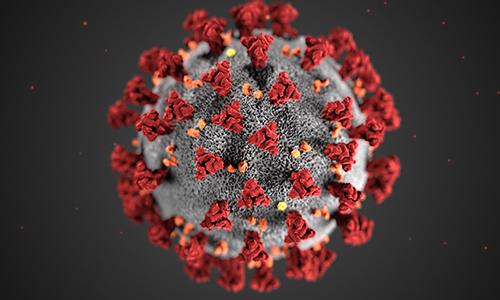It’s been just days since a new strain of COVID-19 made headlines across the planet.
While the World Health Organization (WHO) has warned that the new Omicron variant presents a “very high risk,” other scientists, including some with WHO, have stressed that we still have much to learn about the new CCP (Chinese Communist Party) virus strain’s transmissibility, virulence, and other characteristics.





